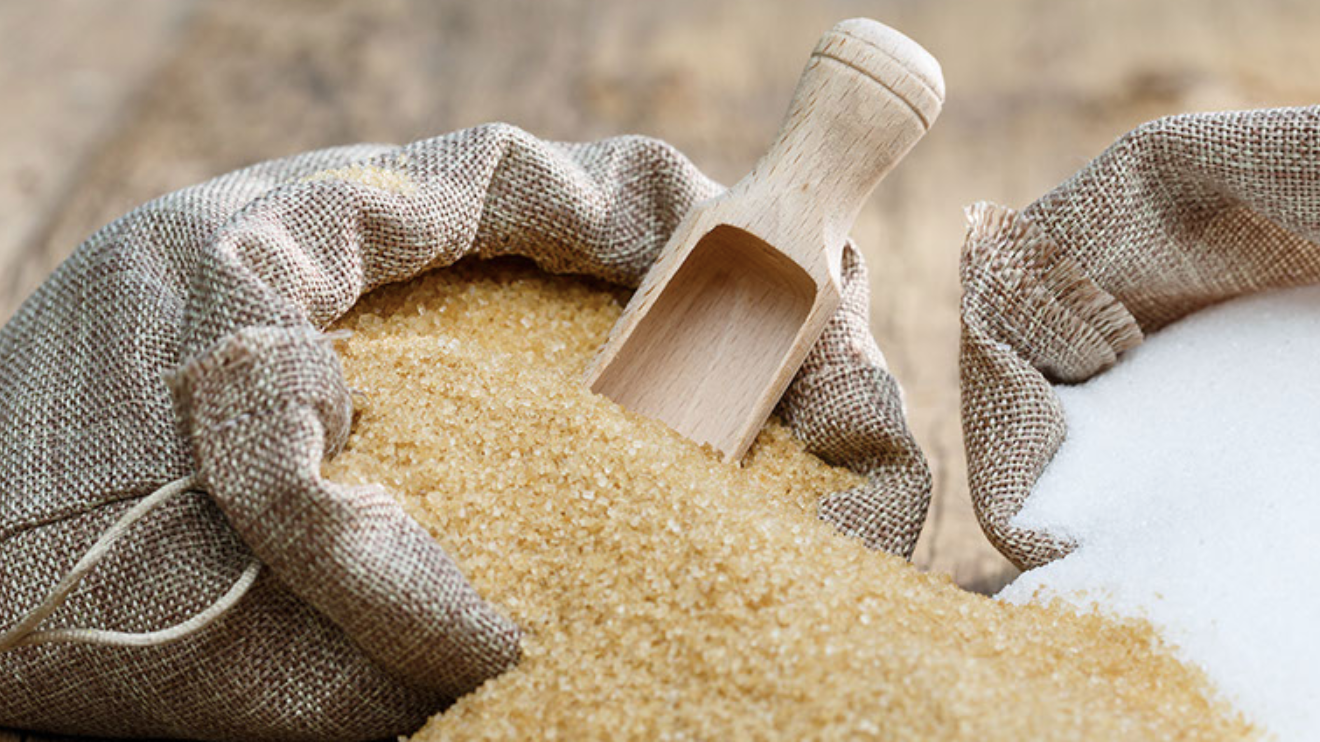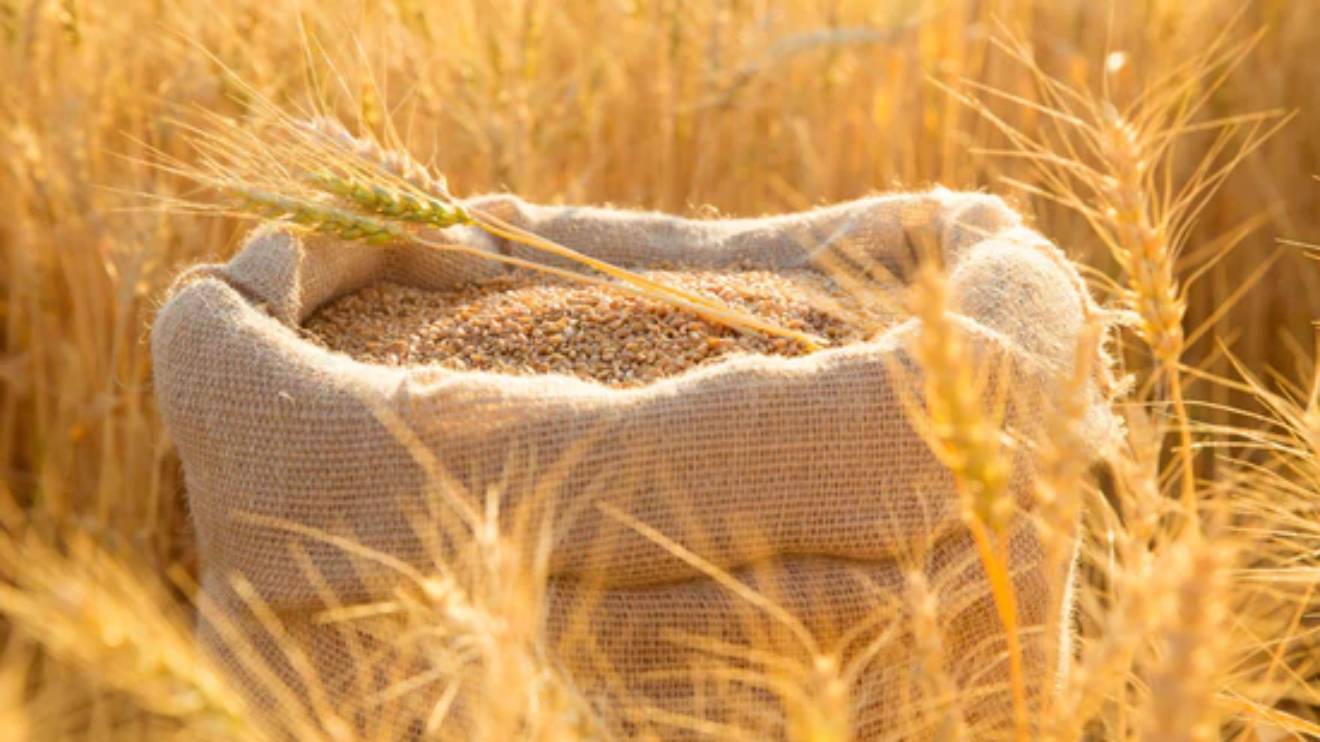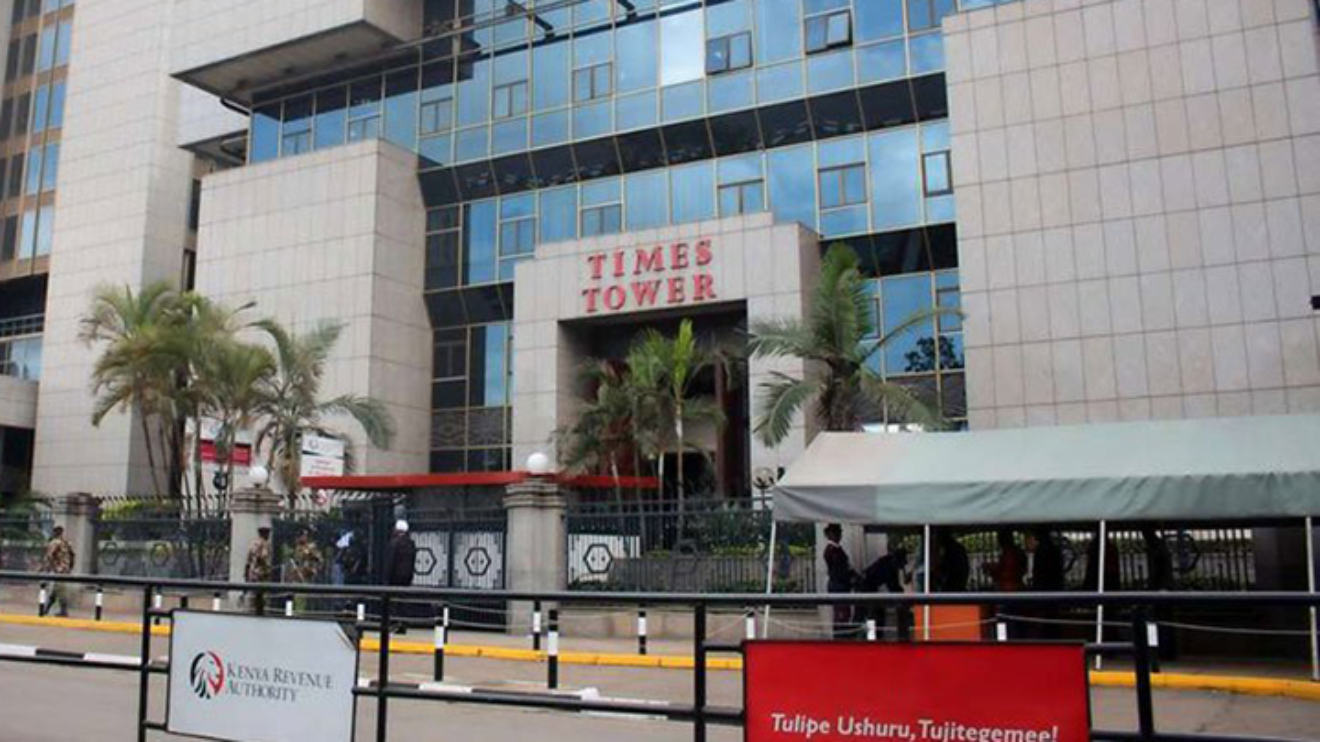Kenyan consumers are bracing for another round of sugar price increases following the recent imposition of a higher excise duty on imported sugar.
The Tax Laws Amendment Act, 2024, which was signed into law recently, increases the excise duty on imported sugar from 5 per cent to 7.5 per cent.
This latest tax hike comes on the heels of a 4 per cent Sugar Development Levy introduced under the Sugar Act, 2022, and assented to by President William Ruto in November 2024.
This levy aims to fund the operations of the Kenya Sugar Board (KSB), the Kenya Sugar Research Institute (KSRI), and initiatives to stabilize prices for sugar growers and develop the sugar sector's infrastructure.
The combined impact of these two new taxes is expected to reverse the recent decline in sugar prices that had brought some relief to consumers.
Read More
According to the Kenya National Bureau of Statistics (KNBS), the average price of a kilogram of sugar has fallen by 27.4 per cent over the past year, from Sh217.96 in November 2023 to Sh158.23 per kilogram in October 2024.
However, the new excise duty is set to significantly increase the cost of sugar and related products, impacting both consumers and businesses.
Sugar is a critical commodity in Kenya, used extensively in households and various industries, including manufacturing and pharmaceuticals.
The rise in sugar prices will undoubtedly have a ripple effect, increasing the cost of a wide range of products, from food items to medicines.
This is particularly concerning given Kenya's continued reliance on sugar imports to meet domestic demand.
Despite a significant increase in local sugar production in 2024, reaching 688,406 tonnes compared to 398,716 tonnes in the first ten months of 2023, Kenya remains a net importer.
Between January and October 2024, 312,161 tonnes of sugar were imported, primarily from the Common Market for Eastern and Southern Africa (COMESA) region.
While domestic production has grown, the Kenyan sugar industry faces challenges in meeting all local demands competitively.
The country struggles to ensure that domestic sugar production remains competitive enough to withstand cheaper imports from COMESA countries.
This reliance on imports makes the country highly susceptible to the impact of increased taxes on imported sugar.
The cumulative effect of these new taxes could create a perfect storm for consumers, further straining their finances.




-1734630582.jpg)
-1734623727.jpg)


